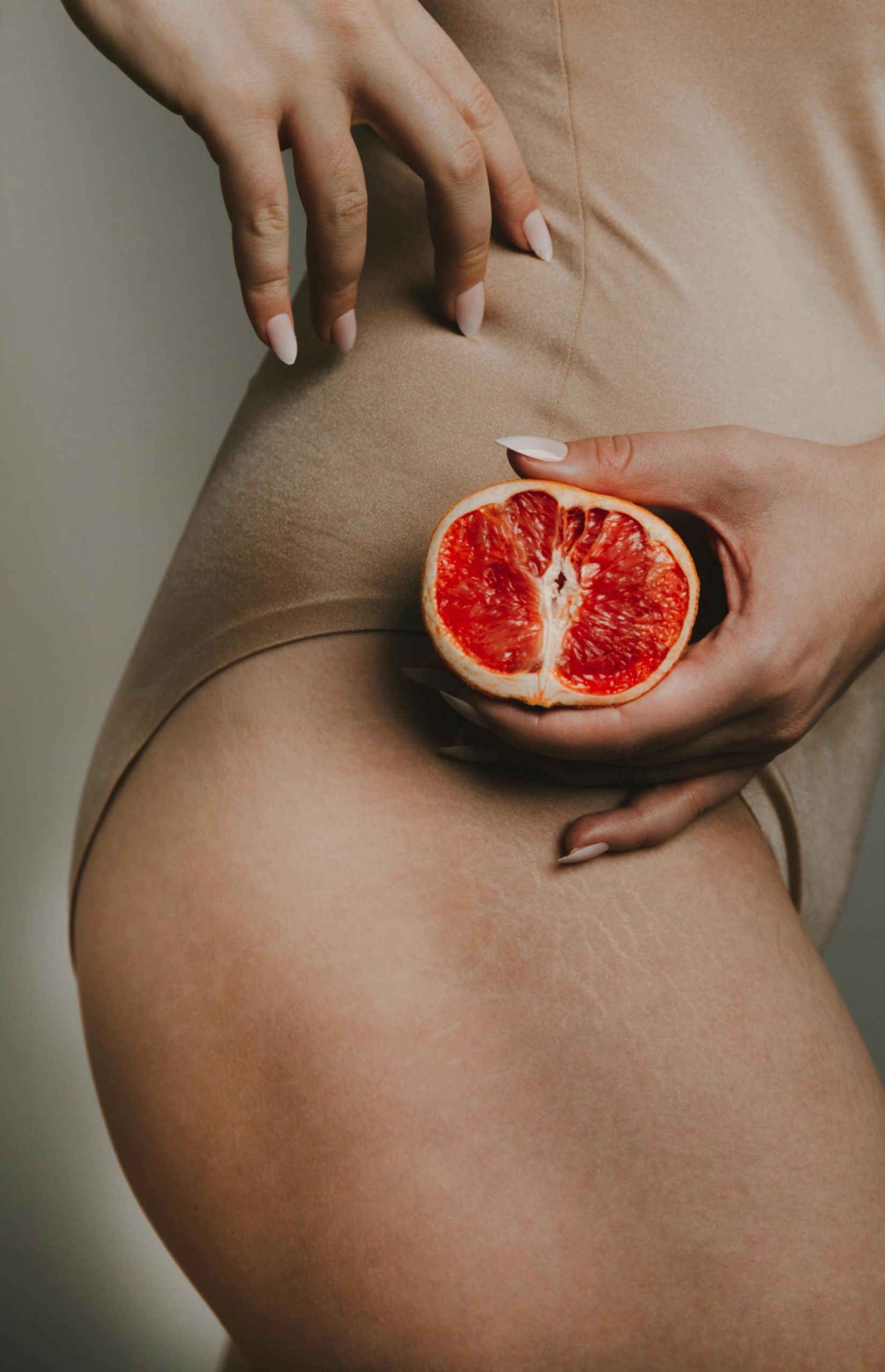Clear, glowing skin is often a reflection of what you eat. While skincare routines and genetics play a role, your diet can significantly impact your skin’s health. Certain foods can trigger inflammation, clog pores, or accelerate aging, leading to breakouts, dullness, and other skin concerns. If you’re striving for a radiant complexion, here are five foods to avoid for clearer, healthier skin.
1. Sugary Foods and Beverages
Sugar is one of the biggest culprits behind skin issues. Consuming high amounts of sugar can lead to a process called glycation, where sugar molecules bind to proteins like collagen and elastin, weakening them and causing premature aging. This results in wrinkles, sagging, and loss of skin elasticity.
Additionally, sugary foods spike insulin levels, which can increase oil production and clog pores, leading to acne. Common offenders include:
- Sodas and energy drinks
- Candies and pastries
- Processed snacks with hidden sugars
Instead, opt for natural sweeteners like honey or fruits in moderation to satisfy your sweet tooth without harming your skin.
2. Dairy Products
Dairy is another food group that may contribute to skin problems, especially for those prone to acne. Milk contains hormones that can stimulate oil glands, leading to clogged pores and breakouts. Some studies suggest that skim milk may be worse than whole milk due to its higher sugar content.
Common dairy products to watch out for include:
- Milk and cream
- Cheese and yogurt
- Ice cream
If you suspect dairy is affecting your skin, try alternatives like almond milk, coconut yogurt, or cashew-based cheeses to see if your complexion improves.
3. Processed and Fried Foods
Processed and fried foods are packed with unhealthy fats, refined carbohydrates, and additives that can wreak havoc on your skin. These foods often contain trans fats and omega-6 fatty acids, which promote inflammation and may worsen conditions like acne, eczema, and psoriasis.
Examples of inflammatory foods to avoid:
- Fast food (burgers, fries, fried chicken)
- Packaged snacks (chips, crackers)
- Frozen meals high in sodium and preservatives
Instead, focus on whole, unprocessed foods rich in antioxidants and healthy fats, such as avocados, nuts, and leafy greens, to support skin repair and hydration.
4. High-Glycemic Index Foods
Foods with a high glycemic index (GI) cause rapid spikes in blood sugar levels, leading to increased insulin production and inflammation. This can trigger excess oil production and breakouts. High-GI foods are often refined carbohydrates that lack fiber and nutrients.
Common high-GI foods to limit:
- White bread and pasta
- White rice
- Potatoes and instant oatmeal
Switching to low-GI alternatives like quinoa, sweet potatoes, and whole-grain bread can help stabilize blood sugar and promote clearer skin.
5. Alcohol
While an occasional drink may not harm your skin, excessive alcohol consumption can dehydrate your body and strip your skin of essential nutrients. Alcohol dilates blood vessels, leading to redness and puffiness, and it can also impair liver function, which plays a key role in detoxifying the body and maintaining healthy skin.
Effects of alcohol on the skin include:
- Dehydration and dryness
- Increased redness and broken capillaries
- Accelerated aging due to oxidative stress
If you choose to drink, opt for moderation and hydrate with plenty of water to minimize its impact on your skin.
Conclusion
Your diet plays a crucial role in achieving and maintaining healthy, clear skin. By avoiding sugary foods, dairy, processed and fried items, high-GI carbs, and excessive alcohol, you can reduce inflammation, balance oil production, and support your skin’s natural glow. Instead, focus on a nutrient-rich diet filled with fruits, vegetables, lean proteins, and healthy fats to nourish your skin from the inside out. Remember, small dietary changes can lead to significant improvements in your complexion over time.
